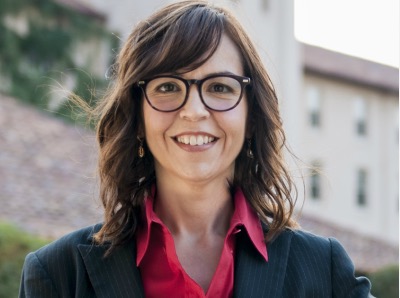Last night I attended a lecture from Dr. Shannon Vallor about techno-morality as part of the Linus Pauling series in Portland, Oregon. Thank you Mentor Graphics for the invitation.

She has written a book on the subject entitled, Technoscience and Postphenomenology: The Manhattan Papers

I could immediately relate to the subject of virtue and especially how it related to several big events in our own technology-driven EDA world like:
- Telling the Truth, versus Lying (Avant! stealing source code from Synopsys)
- Being Honest, versus Dishonest (Cadence having to restate earnings after a CEO left the company)
- Trust, versus Doubt (why we license our EDA software and control it with security)
I can remember working at Silicon Compilers in the 90’s and getting acquired by Mentor Graphics, where we quickly discovered that the definition of what constituted a single copy of software was vastly different. At SCI a 1 user node-locked license meant that a single computer could run as many copies of the same software at one time, however at Mentor it meant 1 user running 1 copy of software. What a shock to SCI customers when the software licensing agreement was changed to conform with the much stricture Mentor standards to become consistent across the acquired company.
Another story about situational ethics arose as Synopsys announced plans to acquire Magma. Many of the Magma sales people quickly went out to book multi-year deals at very attractive low prices with their customers before the Synopsys acquisition became finalized, in that way the Magma sales people got higher commissions and the customers received more copies of software than when Synopsys finished the acquisition and began to raise prices on Magma products or eliminate the products out right.
Finally, two of my all-time favorite books on the topic of virtue are:
- The Book of Virtues, by William Bennett
- The Bible



A friend told me the other day that the legal definition of fraud included telling somebody a product would do something that you new it couldn’t and knowing that the customer needed that functionality. A such he had committed fraud every time he sold EDA software.
Kevin,
I agree that many salespeople in the EDA and IP industry will say just about anything to make the deal happen, however it will always come back to haunt them as the customer angrily discovers the lies, making it less likely for repeat business.
The most successful salespeople that I have met are honest and trustworthy, which is why their customers keep coming back for more.